Retinal Detachment Treatment Cost in Turkey
Unlock Exclusive Discount : Your Gateway to Premium Healthcare with Medsurge India Health Value Card.

Unlock Exclusive Discount : Your Gateway to Premium Healthcare with Medsurge India Health Value Card.

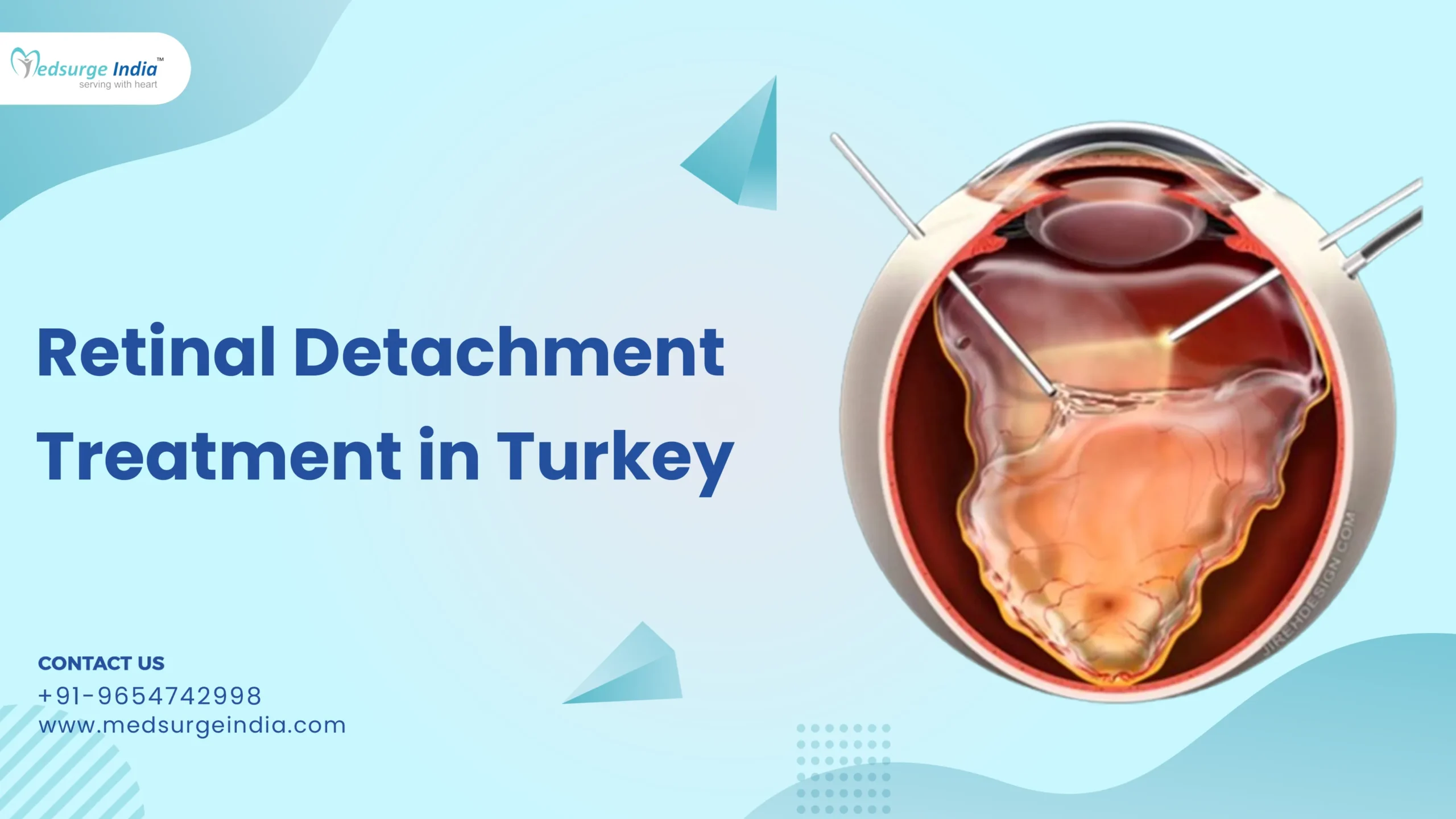
Hirsutism Treatment Cost in Turkey starts from 1500 USD to 3500 USD depending on the type of treatment. If you are looking for hirsutism treatment in Turkey you can contact us, as we are known for providing the best treatment options tailored to your need with the best budget-friendly cost.
| Type of Procedure | Prices |
| Laser hair removal | $190 per session |
| Hormone Therapy | $220 – $360 per session |
| Medications (Oral Contraceptives, Anti-Androgens) | $250 – $370 per session |
| Electrolysis | $80 to $550 |
Hirsutism is a medical condition marked by the excessive and abnormal growth of hair in certain areas of the body. It primarily affects women and those assigned female at birth. Although the precise cause of hirsutism is not fully understood, it is frequently linked to several underlying disorders, including polycystic ovary syndrome. Treatment options include weight management, medication, and various hair removal methods.
Hirsutism is characterized by the growth of coarse or dark hair in areas where women usually do not have significant hair, including the face, chest, lower abdomen, inner thighs, and back. There is a wide range of opinions on what is considered excessive hair growth.
When high levels of androgens contribute to hirsutism, other symptoms may develop over time, a condition referred to as virilization. Signs of virilization can encompass:
Hirsutism primarily affects women and those assigned female at birth. Although it can also be seen in men and individuals assigned male at birth, differentiating hirsutism from typical terminal hair growth—which is characterized by thick, dark, and long hair—can be difficult.
Several underlying conditions can lead to hirsutism:
Certain medications can also contribute to hirsutism. These include minoxidil (known as Rogaine), danazol (used for endometriosis treatment), testosterone (such as Androgel or Testim), and dehydroepiandrosterone (DHEA). Furthermore, if a partner uses topical products containing androgens, there is a risk of affecting you through direct skin contact.
A doctor will evaluate your hair growth and look for other signs of hirsutism, such as acne. They may rule out other possible conditions through a series of tests, which may include:
Once a diagnosis is made, your doctor may use the Ferriman-Gallwey scale, which helps determine the severity of your condition by assessing hair growth in nine specific body areas. The Ferriman-Gallwey score is derived from a scale of 0 to 4 for each area evaluated, with lower scores indicating mild hirsutism and higher scores indicating a more severe condition.
Treatment: Generally, hirsutism does not require management if there are no underlying endocrine disorders. However, for women seeking treatment, options may include addressing any underlying issues, implementing a self-care routine for unwanted hair, and considering various therapeutic methods and medications.
Procedures: Hair removal methods that provide more enduring results than at-home techniques—and can be combined with medical treatments—include:
Laser Hair Removal: This is a popular and long-lasting treatment that targets hair follicles with laser energy to reduce hair growth. Multiple sessions are needed for the best results, and the effectiveness depends on hair and skin type.
Hormone Therapy: Since hirsutism is often linked to hormonal imbalances, treatments like hormone therapy can help regulate androgen levels, reducing excessive hair growth. This is commonly used for conditions like PCOS.
Medications (Oral Contraceptives, Anti-Androgens): Birth control pills can help regulate hormone levels, while anti-androgens like spironolactone block excess male hormones that contribute to unwanted hair growth. These treatments require long-term use for sustained effects.
Electrolysis: This procedure permanently removes hair by destroying hair follicles with electrical currents. It is effective for all skin and hair types but requires multiple sessions and can be time-consuming.4
Also Read:- Retinal Detachment Treatment Cost in India
The expense associated with hirsutism treatment cost in Turkey can fluctuate based on several factors as mentioned above. Additionally, with its advanced medical infrastructure and skilled specialists, Turkey has become a favored location for those seeking high-quality and cost-effective eye care.
We at Medsurge India support patients looking for hirsutism treatment in Turkey by offering tailored assistance, connecting you with leading hospitals, and facilitating smooth medical travel. Contact us for more info.
A: The presence of unwanted hair can lead to feelings of self-consciousness in some women, and a few may even experience depression. While hirsutism itself does not directly cause health issues, the underlying hormonal imbalance can. Conditions like polycystic ovary syndrome, which is associated with hirsutism and irregular menstrual cycles, may affect fertility.
A: Advanced hirsutism often begins during adolescence, leading to the growth of coarse hair on areas such as the upper back, shoulders, chest, and upper abdomen. Hormonal imbalances can trigger hirsutism, regardless of whether it appears before or after puberty. It is advisable for a physician to evaluate the symptoms.
A: Various approaches are commonly employed to manage hirsutism, including the use of oral contraceptives, which may be combined with an antiandrogen like spironolactone, to mitigate or block the impact of androgens on hair follicles.
A: Managing hirsutism requires ongoing attention. Although no treatment can completely eliminate hair, it can slow hair growth and decrease the amount of unwanted hair. Most individuals find satisfaction with their results once they identify an effective treatment pla



Ophthalmologist
Cataract Surgeon Consultant
31 years of experience
Batigoz Eye Hospital Balcova
View Doctor
Ophthalmologist
Glaucoma Surgeon Consultant
47 years of experience
Batigoz Eye Hospital Balcova
View Doctor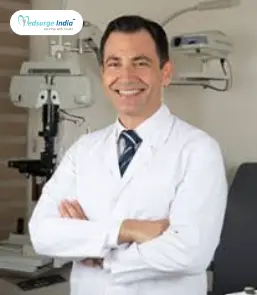
Ophthalmologist
Cataract Surgeon , Glaucoma Surgeon Consultant
12 years of experience
Batigoz Eye Hospital Balcova
View Doctor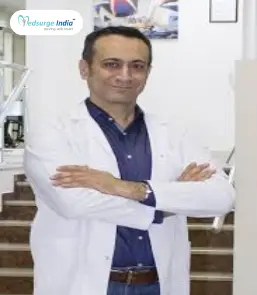
Ophthalmologist
Cataract Surgeon , Glaucoma Surgeon Consultant
30 years of experience
Batigoz Eye Hospital Balcova
View Doctor
Ophthalmologist
Consultant
13 years of experience
Batigoz Eye Hospital Balcova
View Doctor
Ophthalmologist
Senior Resident
31 years of experience
Batigoz Eye Hospital Balcova
View Doctor
Ophthalmologist
Cataract Surgeon Consultant
31 years of experience
Batigoz Eye Hospital Balcova
View Doctor
Ophthalmologist
Senior Consultant
11 years of experience
Batigoz Eye Hospital Balcova
View Doctor







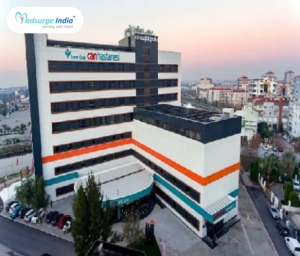
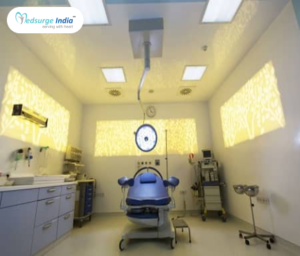
By using our site, you agree to our Terms and Conditions, Privacy Policy and Refund Policy. Medsurgeindia does not provide medical advice, diagnosis, or treatment. The information provided on this site is designed to support, not replace, the relationship that exists between a patient/site visitor and his/her existing physician. We also Accept International Payments.

Copyright © 2025 NSM ONLINE SOLUTIONS PRIVATE LIMITED. All rights reserved.